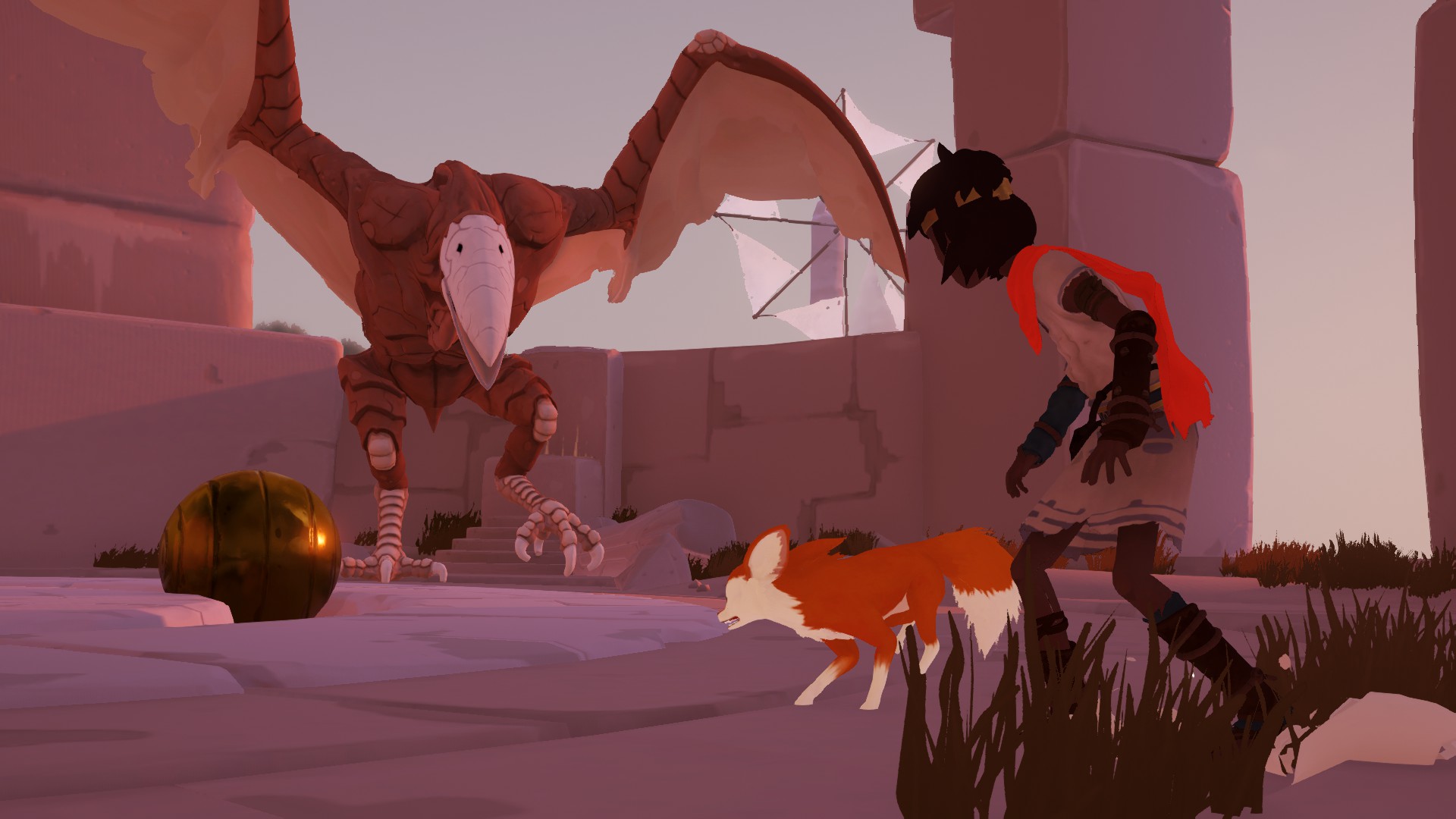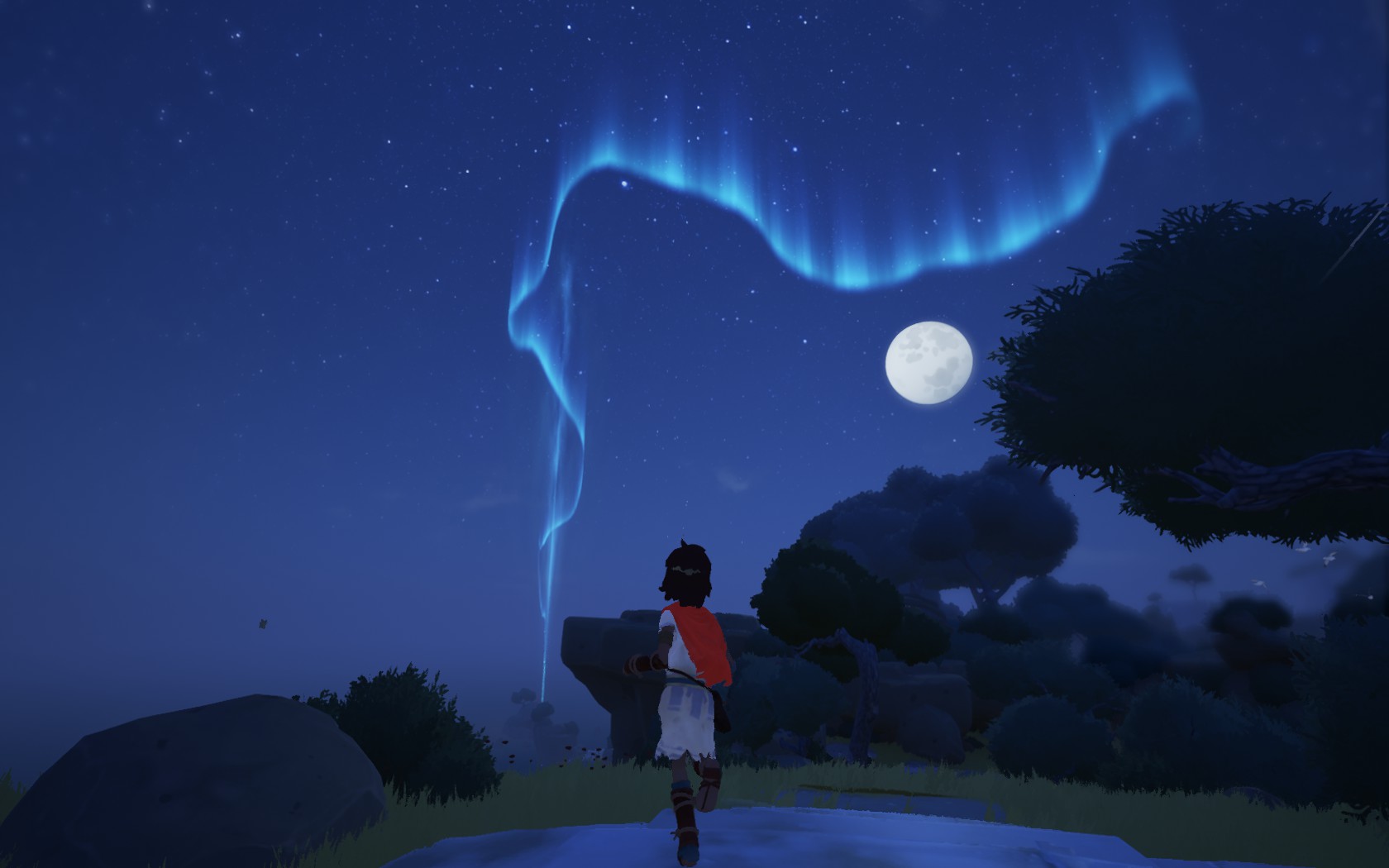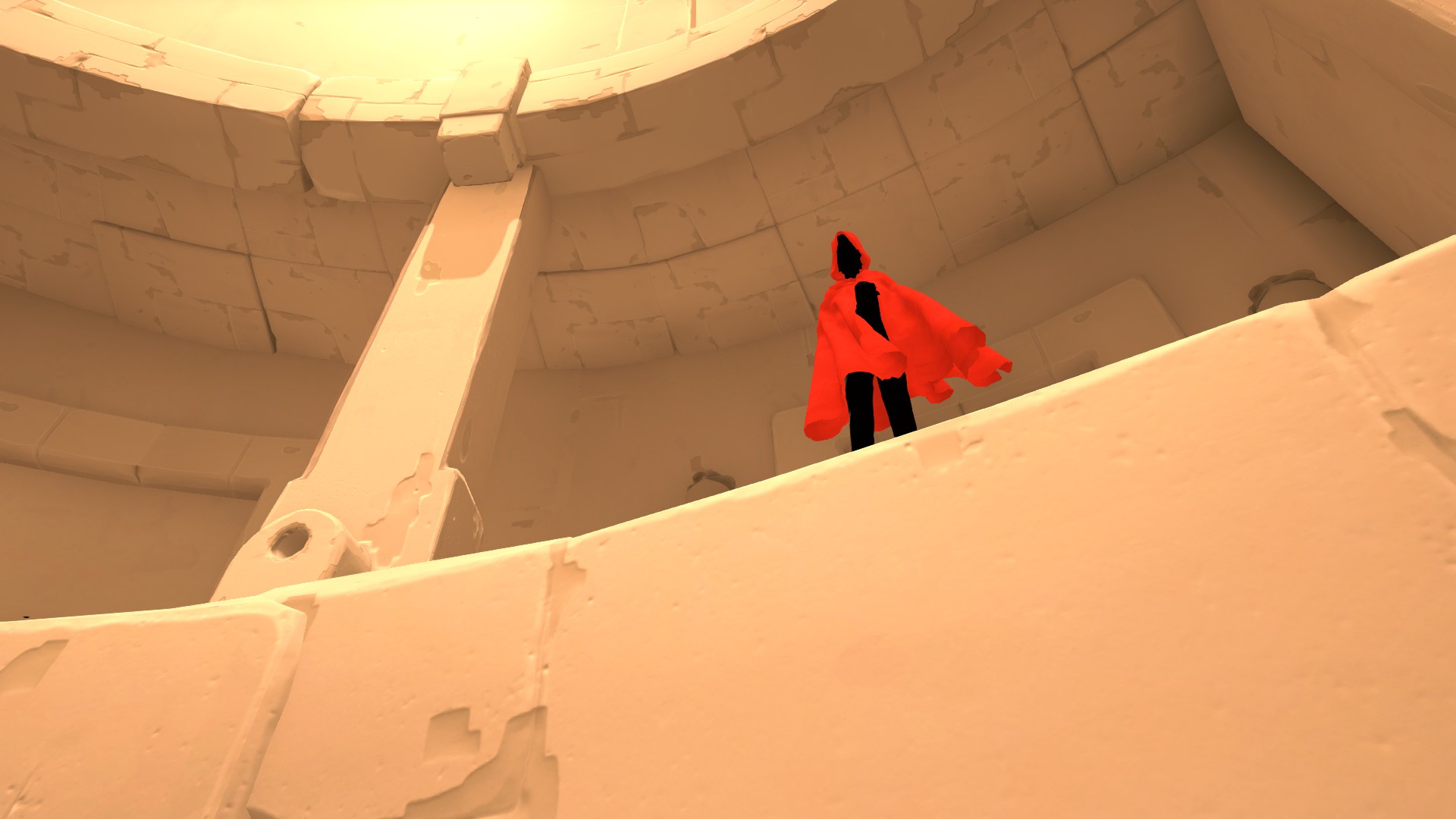The challenges of making indie games according to Tequila Works, the minds behind Rime
What's next for the Madrid-based developer?

Tequila Works is the developer of games like Rime and Deadlight, and also helped make last year's excellent reverse-Hitman game The Sexy Brutale. Below, I speak to the studio's founder, CEO and creative director Raúl Rubio about what it's learned from its previous projects, and the challenges of visibility on the PC market these days.
If you haven't checked Rime out yet and fancy giving it a go, it's currently in Fanatical's Origins bundle until the end of the week at the $4.99/£4.59 tier. October's PC Gamer Club game, too, was Deadlight.
I was a big fan of The Sexy Brutale and wondered if you could talk about that collaboration—can we expect Tequila Works to do more like this in future, where you help a team create a game to that standard and act as publisher?
Thanks a lot for your kind words. The collaboration with Cavalier Games Studios was pretty natural and organic, in the sense that James [Griffiths, narrative director] and I knew each other. So we had the confidence to help each other without having to focus on the business side of thinking behind every decision. Trust is key but above all, creative sensibility and synergy between artists is essential to be able to contribute so the result is more than the sum of its parts.
Helping new creators with amazing talent and potential to grow faster so they can fly solo as soon as possible feels like the duty of every independent creator.
We definitely want to do it again. We learnt a lot of what makes a good—and bad—publisher and allowed us to see things from the perspective of ''the other side'.
How did the launch of Rime go? It was a prolonged project with a lot of change throughout—were you happy with the end result, looking back?
The biggest gaming news, reviews and hardware deals
Keep up to date with the most important stories and the best deals, as picked by the PC Gamer team.
Rime was conceived as a very personal project and thus we consider it a success. As creator you always feel frustrated with the final result, you only see what was left out… But [publisher] Grey Box trusted us to deliver it as we envisioned it, and we'll be forever thankful to them for that. I think we can feel happy for how it ended.
However, reaching that ending was exhausting. The team suffered the last two years of development because the first two were too volatile. We announced the game too soon, the expectations grew too high and that impacted our morale. It took us two years to find our way again. Originally Rime was going to be a three-year project. In the end the full production was four years and ten months. Coming from AAA that felt standard for many of us… while in indie terms maybe it was too much.
We took good note of it for The Sexy Brutale and The Invisible Hours. So you won't have to wait until 2020 for our new game (laughs). The rule is announcing titles only when we reach content complete, around 12-18 months ahead of release, maximum.

Not to spoil its secrets, but Rime waits until the very end to explain the context of what you're playing—this was quite a daring design decision. What was the thinking behind that?
We slowly build a narrative structure through the use of symbols and repetition, to hold the player's own personal story into it. Using no narrator or texts or dialogues allowed us to focus on how the player feels and which emotions are triggered. So even if the revelation may feel sudden, the actual build up begins literally during the intro, and the player is anticipating it. We didn't want a twist, but a confirmation of your own thoughts.
That's why there's no clear message telegraphed to the player or a logical set-in-stone explanation: like dreams, the actual elements can have a drastically different meaning for each one of us.
Did the themes resonate with players in the way you'd hoped?
I must confess we were blown away by some responses. I mean, we tested the game as early as 2014. Most players reacted as we expected (and a few didn't, that's why we included the dream sequences). But after release we started receiving letters from people who had played the game. I mean, we are used to fans sending love and words of gratitude (or death threats because there's a very thin line between love and hate). But we were not ready for the avalanche of personal stories our players were sharing with us. Even inside the studio we started sharing our own personal stories. Everything felt touched, it was unforgettable. We always try to answer all messages from our fans, but when we received one of those, we felt obliged to share back one of our own personal stories. It was truly special.
Are you the kind of studio that would make sequels? Have you ever thought about this for your games?
Not much (laughs). We envisioned sequels for Deadlight and Rime (and if you have finished those games you can imagine how tough that was!). But we feel more comfortable creating whole original IPs from scratch. Who knows, sequels shouldn't be just the consequence of profitable franchises. Above all, creators need to find exciting creative reasons to make something special. So we don't discard [the idea of] working on a sequel one day.

What are the challenges of being visible on PC these days as a developer of what could be called mid-sized games?
AA, triple-I, premium indie, auteur, boutique games… no matter how you name it, the thin line between indie and AAA is getting wider and far more exciting than ever. But it's like surfing a wave: exhilarating, fun, risky. We work mostly on PC and consoles where competition is high but not smartphone-level of red water. We try to differentiate ourselves by offering something unique, something personal, a consequence of who we are. In the end we focus on high production values, a smaller package shouldn't mean a lower experience. Gamers don't differentiate games in terms of budget: they either like good games or not.
Now, in today's world that's a double-edged sword. You need exposition and you are exposed. Social media is your best tool to connect directly with your gamers. But at the same time getting so close and personal can be dangerous, as we discovered during the development of Rime. We were accused of selling vaporware, of basically scamming everyone with pre-rendered videos… when you are so deeply involved and emotionally attached to your creation, that's challenging.
As a studio, you've worked on a really broad range of games—you don't seem tied to a particular genre. What's the philosophy behind that?
On the surface you may be right: we don't specialise on genres or specific settings or themes or platforms. But all our games share one element in common: we create unique universes. We have evolved to get pretty decent at doing it and that's the pillar we all share.
Our philosophy of “creating with gusto” is why we focus so much in the world building and universe creation. When facing new and weird ideas, we always try to answer two questions: 'where's the beautiful?' and 'where's the crazy?'
Something can be pretty but hollow, or insane but meaningless. We try to blend both so something can be beautiful but deep, crazy but meaningful. That's how and why we create our games.
What's next for the studio? How do you figure out what your next project is internally?
Tequila is the answer! No, for real! We have a biannual internal game jam process called 'Tequila Shots'. Everyone in the studio (and I mean everyone, even non-creative staff like accountants or IT) can pitch their concepts to the entire studio. We then split the company in teams of around eight people who work on the ideas they liked the most for around two weeks to develop a representative gameplay experience (a working prototype is expected during the first two days in classic game jam fashion).
I can confirm we have three teams working on new projects. One was pitched by a junior designer—he even made a full demo all by himself; one is a VR title trying to answer what we feel as the next step after The Invisible Hours; one is a Tequila Shot.
The craziest and most beautiful ones shape the titles the studio will create, or end up incorporated as gameplay mechanics or pillars to existing projects. This is very therapeutic and fun but above all, allows the studio to grow literally from its workers. And yes. Actual tequila may or may not be part of the process.


